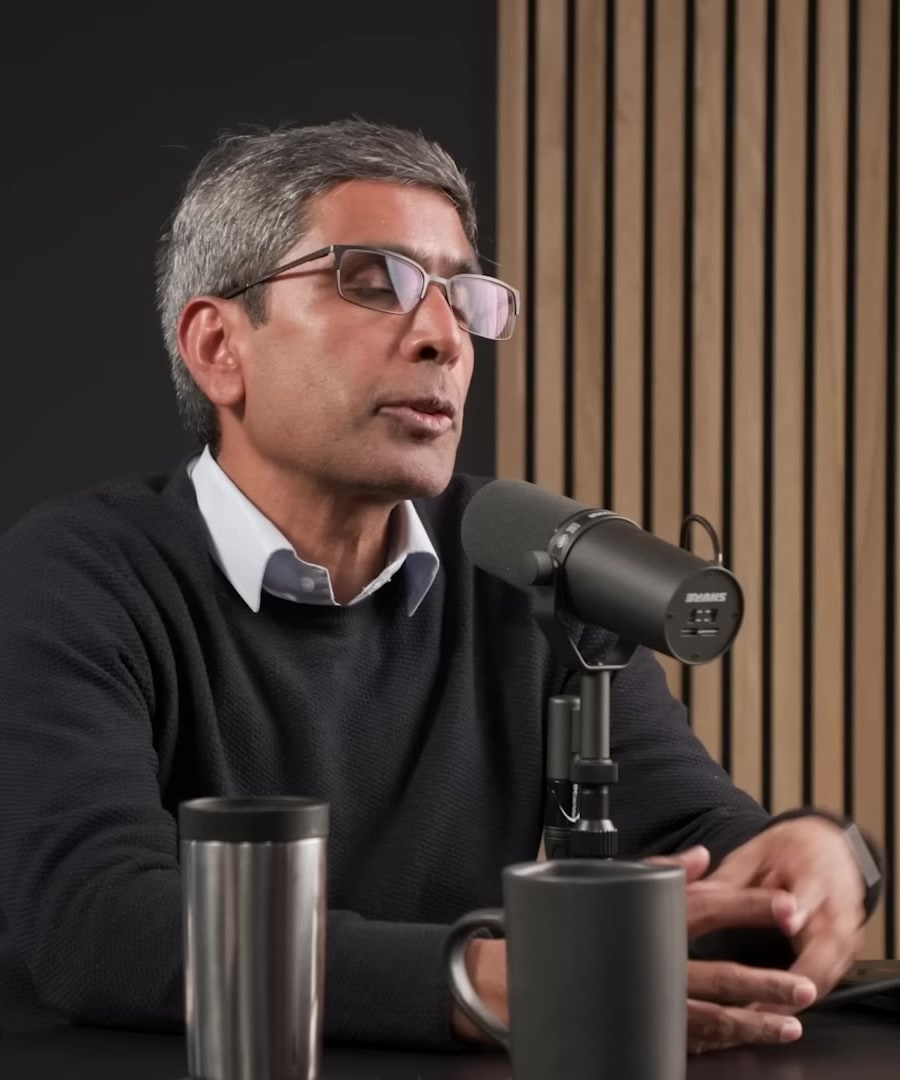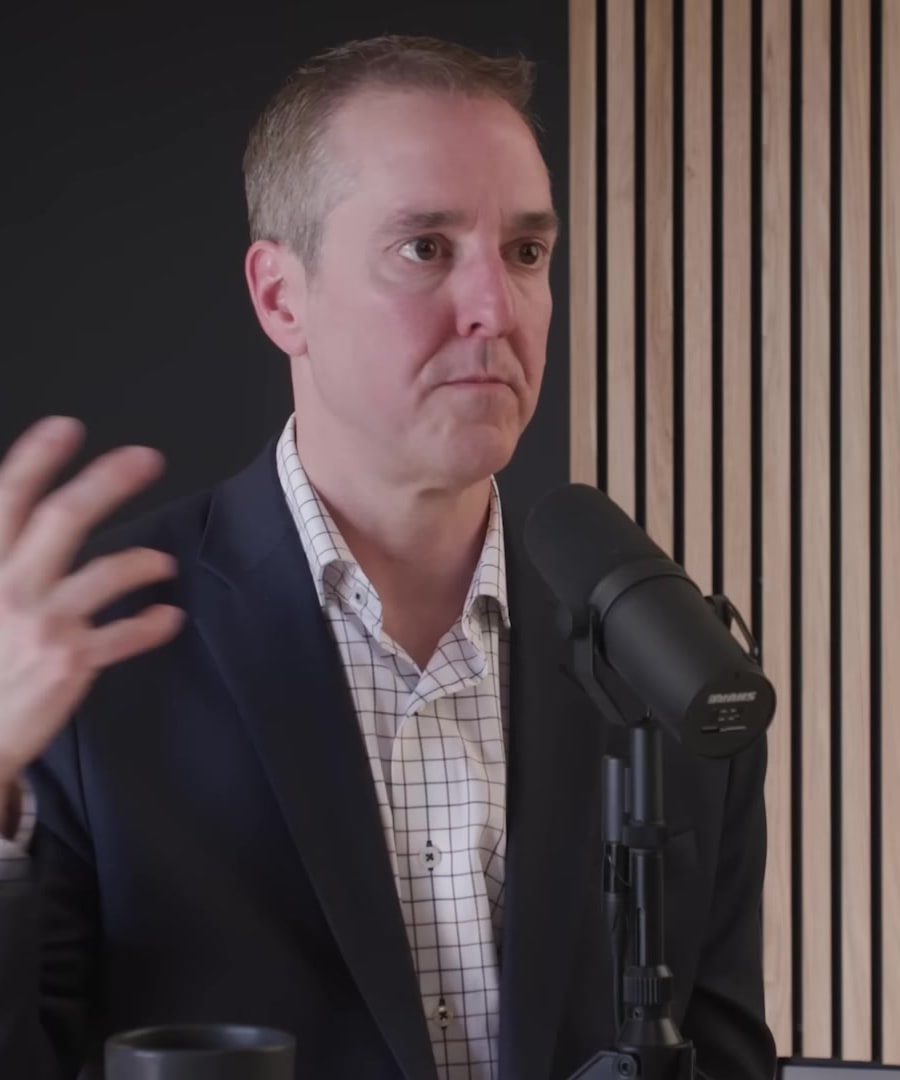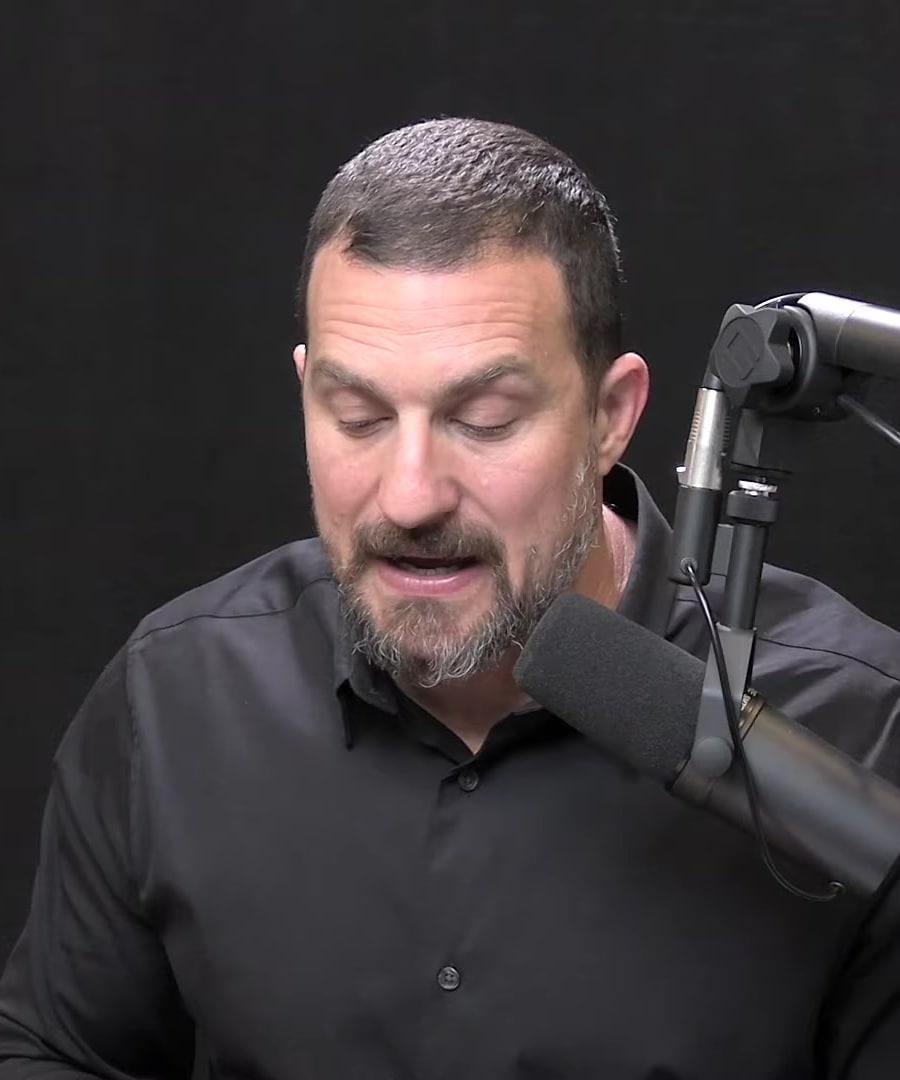Can you explain healthy sleeping patterns and data for people who are narcoleptic?
Sources:
Maintaining healthy sleeping patterns involves aligning our behaviors with our biology. Andrew Huberman emphasizes the importance of our visual system, stating that our light viewing behavior has the strongest effect on our alertness and our ability to sleep well. He explains that each cell in our body needs information about the time of day from our internal clock, the suprachiasmatic nucleus, which relies on cues from light-sensitive cells in our eyes. These cells inform the brain about day and night.
Dr. Huberman recommends adopting the simple behavior of viewing bright light, ideally sunlight, for two to ten minutes every morning upon waking. This exposure triggers a timed release of cortisol, which promotes wakefulness during the day and starts a timer for the release of melatonin, the hormone that promotes sleepiness, which will be released later in the day. Early-day blue light is specifically beneficial as it activates the cells that set these timers, and despite common advice, it should not be avoided in the morning 1.
However, there is no data retrieved that directly addresses how sleeping patterns are impacted for people with narcolepsy. Generally, people with narcolepsy are advised by health care providers to maintain strict sleep schedules and possibly incorporate scheduled daytime naps to manage the effects of the disorder, but please consult a healthcare provider for information tailored to individual needs.
RELATED QUESTIONSShow me research data on narcolepsy and sleep patterns.
Sources:
There isn't specific research data from the that focuses on narcolepsy and its impact on sleep patterns. However, discussed related topics, such as the drugs Modafinil and Armodafinil, which are gaining popularity for treatment of narcolepsy and other conditions like ADHD. These drugs affect the orexin system, which is what's disrupted in narcolepsy, and are part of the primary treatments for the condition 1.
It's also worth noting the difficulties in obtaining accurate sleep data. and , an American neuroscientist, conversed about sleep trackers and their current capability to accurately stage sleep, stating that the best devices are about 70% effective at categorizing hours slept. This shows that even with the advanced technology available, understanding individual sleep patterns, particularly in conditions like narcolepsy, can be complex 2.
Furthermore, , a Professor, mentioned the challenges for shift workers regarding sleep and health interventions, indirectly highlighting complexities in regulating sleep patterns comparable to those faced by individuals with narcolepsy 3.
While direct research data on narcolepsy and sleep patterns wasn't found in the podcast data, these discussions give insight into related areas concerning sleep regulation and the challenges associated with managing sleep disorders.
RELATED QUESTIONSExpand on the sleep pattern challenges faced by individuals with narcolepsy.
Sources:
The challenges faced by individuals with narcolepsy in terms of sleep patterns involve disruptions to the regulation of the wake-sleep cycle. Specifically, narcolepsy involves a disruption in the orexin (also called hypocretin) system, a peptide that regulates hunger, appetite, and sleepiness. This was an important discovery made by 's colleagues, Emmanuel Mignot and Seiji Nishino at Stanford, who identified the biological basis of narcolepsy as a disruption in the orexin/hypocretin system 1.
The severity of dysregulation in the orexin system in narcolepsy often leads to excessive daytime sleepiness and fragmented sleep at night, which complicates the normal progression of sleep cycles. Normally, sleep cycles consist of a predictable pattern of non-REM (rapid eye movement) and REM sleep stages, repeating roughly every 90 minutes throughout the night. Narcoleptic individuals experience a disturbance in this cycle, often entering into REM sleep abnormally quickly and sometimes directly from wakefulness, which can lead to symptoms like cataplexy (sudden loss of muscle tone), sleep paralysis, and hallucinations 2.
Treatments for the disordered sleep patterns in narcolepsy often focus on regulating these cycles and aim to reduce the excessive daytime sleepiness. Drugs like Modafinil and its related form, Armodafinil, act on the orexin system and are primary treatments for narcolepsy. These drugs are weak dopamine reuptake inhibitors and act to promote wakefulness, increase attention and focus, and modulate the sleep-wake cycle 1.
Managing sleep patterns in narcolepsy is particularly complex due to the way this condition impacts the natural balance of sleep stages throughout the night. The challenges increase with the need to maintain adequate sleep for optimal performance in daily activities 2.
RELATED QUESTIONSHow can people with narcolepsy manage their symptoms?
Sources:
Managing symptoms of narcolepsy can involve various interventions aimed at both improving sleep quality and reducing daytime sleepiness. Some strategies for managing narcolepsy symptoms include using melatonin and magnesium supplements, dietary shifts that include carbohydrates in the evening, and where necessary, prescription sleep medications 1. Medications like Modafinil (prescribed for daytime sleepiness) must be handled with care, under the guidance of a certified physician. While has personal experience with Armodafinil, a drug similar to Modafinil for jet lag, he emphasizes the importance of a minimal effective dose and caution due to the potential for side effects, highlighting that such prescription drugs are not generally intended for long-term management of conditions like narcolepsy without medical oversight 2.
It's critical that any medication for narcolepsy be prescribed by a healthcare professional after a thorough evaluation. Moreover, treatments should be personalized and may also involve behavioral strategies and lifestyle changes alongside pharmacological interventions.
RELATED QUESTIONSWhat dietary strategies help with narcolepsy?
I couldn't find any specific clips from the that discuss dietary strategies for managing narcolepsy. However, general sleep hygiene principles shared by include timing of meals, with the suggestion to consume carbohydrates in the evening to aid sleep 1. This is because carbohydrates can facilitate the release of tryptophan into the brain, which is a precursor for serotonin and can then be converted into melatonin, the hormone that promotes sleep.
For personalized advice, individuals with narcolepsy should consult a healthcare provider who can take into account their specific circumstances and provide dietary recommendations that are safe, evidence-based, and tailored to individual needs.
RELATED QUESTIONSWhat do other health experts say about diet and narcolepsy?
I apologize, but I do not have access to insights from other health experts outside of the . To learn about dietary strategies for managing narcolepsy from a variety of health experts, I recommend consulting peer-reviewed scientific literature, medical professional organizations specializing in sleep disorders, or seeking advice from a healthcare provider with expertise in this area.
RELATED QUESTIONSWhat are the treatment options for narcolepsy?
Sources:
Effective treatment options for narcolepsy as discussed by on the include various pharmacological interventions. One of the primary treatments for narcolepsy is the drug Modafinil, along with its chemically similar form Armodafinil, which are weak dopamine re-uptake inhibitors. These drugs have a notable impact on the orexin system, which is disrupted in narcolepsy, as well as on dopamine and norepinephrine systems, and are used to promote wakefulness for those with narcolepsy 1.
In the treatment of conditions associated with disrupted sleep, there are also behavioral interventions and non-prescription supplements to consider. Dr. Chris Palmer describes using supplements like melatonin and magnesium, alongside behavioral interventions like dietary adjustments, before resorting to prescription sleeping medications as a temporary solution 2.
For general information on sleep and alertness, stimulants like Modafinil or Armodafinil are designed to treat narcolepsy by enhancing wakefulness. Prescription stimulation is deemed appropriate in proper settings and prescribed by the right professionals. also discusses how excessive use of prescription stimulants used without formal diagnosis and prescription, such as Adderall, is both illegal and abusive to the system, highlighting the importance of medical supervision when treating sleep disorders 3.
It's important to consult a healthcare professional before beginning any treatment regimen for narcolepsy or other medical conditions to determine the most appropriate options based on individual needs.
RELATED QUESTIONSWhat are behavioral strategies for managing narcolepsy?
Sources:
Behavioral strategies for managing narcolepsy are not directly outlined in the data available. However, does emphasize the importance of behavioral protocols for sleep-related issues in general. He suggests that before resorting to supplements or medications, one should get the behaviors right. This includes Non-Sleep Deep Rest (NSDR) protocols, exposure to natural light, engaging in exercise, and using hot baths or cold showers 1.
While this response is related to sleep and not narcolepsy specifically, such behavioral interventions could potentially be adapted to help manage symptoms in individuals with narcolepsy. It is essential to tailor behavioral strategies to individual needs and situations, ideally in consultation with healthcare professionals who specialize in sleep disorders.
RELATED QUESTIONS
Can you explain healthy sleeping patterns and data for people who are narcoleptic?
- RELATED QUESTIONS
Show me research data on narcolepsy and sleep patterns.
- RELATED QUESTIONS
Expand on the sleep pattern challenges faced by individuals with narcolepsy.
- RELATED QUESTIONS
How can people with narcolepsy manage their symptoms?
- RELATED QUESTIONS
What dietary strategies help with narcolepsy?
- RELATED QUESTIONS
What do other health experts say about diet and narcolepsy?
- RELATED QUESTIONS
What are the treatment options for narcolepsy?
- RELATED QUESTIONS
What are behavioral strategies for managing narcolepsy?
- RELATED QUESTIONS








